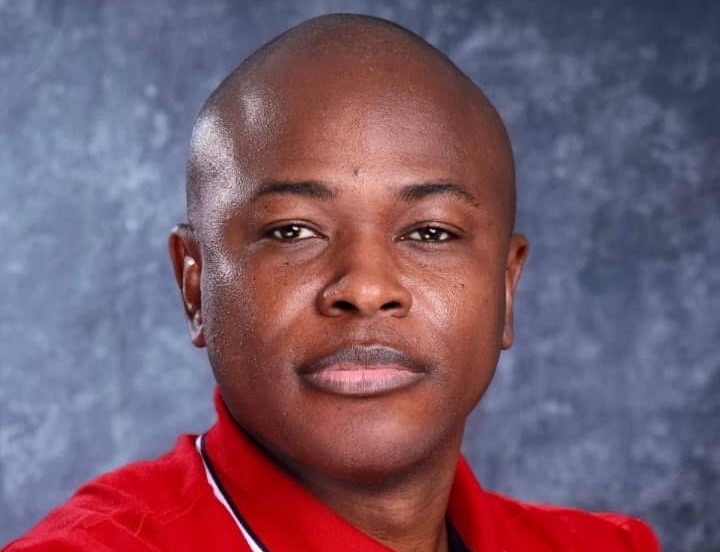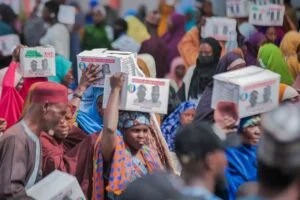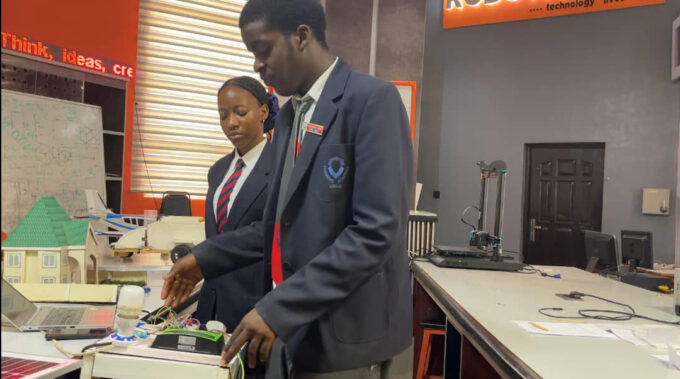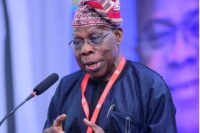Olajide Abiola
In the current wave of global conversations around development, innovation, and digital economies, many developing countries—particularly in Africa—are increasingly trying to imitate the cultural, social and economic practices of industrialized nations. But while inspiration is useful, imitation without context can be destructive. It is akin to an ajepako (street-smart, less privileged child) insisting on living like an ajebutter (pampered, affluent child). The result is often misplaced priorities and prolonged poverty.
This analogy may seem simplistic, but it’s accurate. A nation with low Human Development Index (HDI), fragile institutions, high poverty rates, and poor infrastructure cannot afford to prioritize the same social indulgences as a country with high HDI, universal basic education, world-class healthcare, and stable governance systems. It’s not just about budget size or ambition—it’s about context and prioritization.
Take, for example, the growing obsession with social media content creation and reality television shows. While these platforms undoubtedly create jobs and build brand awareness, we must ask: are they the priorities we need at our current level of national development? Should they consume so much of our youth’s energy and national attention when we still lack decent primary schools, functional primary healthcare systems, and reliable local access roads?
This is not a call to shut down creativity or entertainment. Far from it. Every nation needs culture, recreation, and the arts. But the danger lies in prioritizing indulgences—yes, indulgences—over necessities. For a country where millions of children are out of school, and where many citizens still travel several kilometres on foot to access healthcare, channeling major national resources and attention into non-essential pursuits is akin to buying a PlayStation while your roof leaks and your children have no textbooks.
In the business world, this would be regarded as poor investment judgment. Imagine a startup founder with no revenue stream prioritizing brand photoshoots over building a minimum viable product (MVP). Or a retailer spending heavily on luxury office furniture while their supply chain is broken. The outcome is inevitable: collapse, burnout, or stagnation.
Developing countries—and by extension, their citizens—must understand the concept of staged development. We need to build from the ground up, not the top down. You don’t start building a skyscraper from the tenth floor. That’s architectural suicide. Likewise, we cannot leapfrog into space exploration, artificial intelligence, or high-end biotech without first securing the basics: quality foundational education, primary healthcare systems, agricultural mechanization, sanitation, basic traffic management and critical infrastructure.
This is why I often laugh when I hear some of our so-called development critics demand the same R&D budget allocations as the United States, Japan, or China. These are nations that have spent decades investing heavily in foundational systems. They didn’t skip steps. They invested in their people first—through education and healthcare—and then built institutions that enabled innovation and technology to thrive.
If you truly want to build the Nigeria, Kenya, or Ghana of the future, the first place to start is with our basics. For instance, instead of organizing television talent shows or social media challenges, why don’t we invest in training teachers in our public schools, or building tech labs in underserved communities? Why don’t we prioritize building PHCs and equipping local clinics with diagnostic tools before investing in medical tourism? Why are we not dismantling illegal tollgates from farming communities with a bid to moderate prices and making more rural roads motorable so our farmers can evacuate their produce to markets without it rotting in transit?
What about laying emphasis on technical or vocational training? Nigeria is building: homes, roads, bridges, even in the oil gas sector, mining, etc. We need a huge supply of skilled artisans. The focus should not be on content creation alone, but to get our young people trained on how to tile, paint, fabricate, weld, build, among others. Are the youths ready?
These are the fundamentals. They are not glamorous. They may not trend on social media or create viral moments. But they are what transform nations.
To the youth reading this, the message is simple: don’t chase indulgences at the expense of essentials. Build capacity, invest in personal development, learn vocational and tech skills, and think long-term. Social media fame may be fleeting, but competence is forever. Be the ajepako who studied under streetlights and later built a billion-naira enterprise, not the one who faked a lifestyle on credit just to fit in.
To policymakers and entrepreneurs, the same principle applies. Invest where it matters. Don’t be distracted by vanity metrics. In business and governance, the most successful people are those who solve real problems at scale. And in Africa, there’s no shortage of those: education gaps, electricity, food insecurity, waste management, logistics, healthcare, and financial inclusion. These are the multi-billion-dollar problems that need solving.
Let us rethink our priorities as individuals, communities, and nations. It’s time to stop copying what doesn’t serve us and start building what will sustain us. The ajepako mindset—frugal, focused, and foundational—is not a limitation. It’s an advantage when channeled with clarity and purpose.
Because when the basics are in place, everything else—luxury, indulgence, and even space exploration—will come, in due time, and on our own terms.
* Abiola is an entrepreneur based in Abuja


















Leave a comment